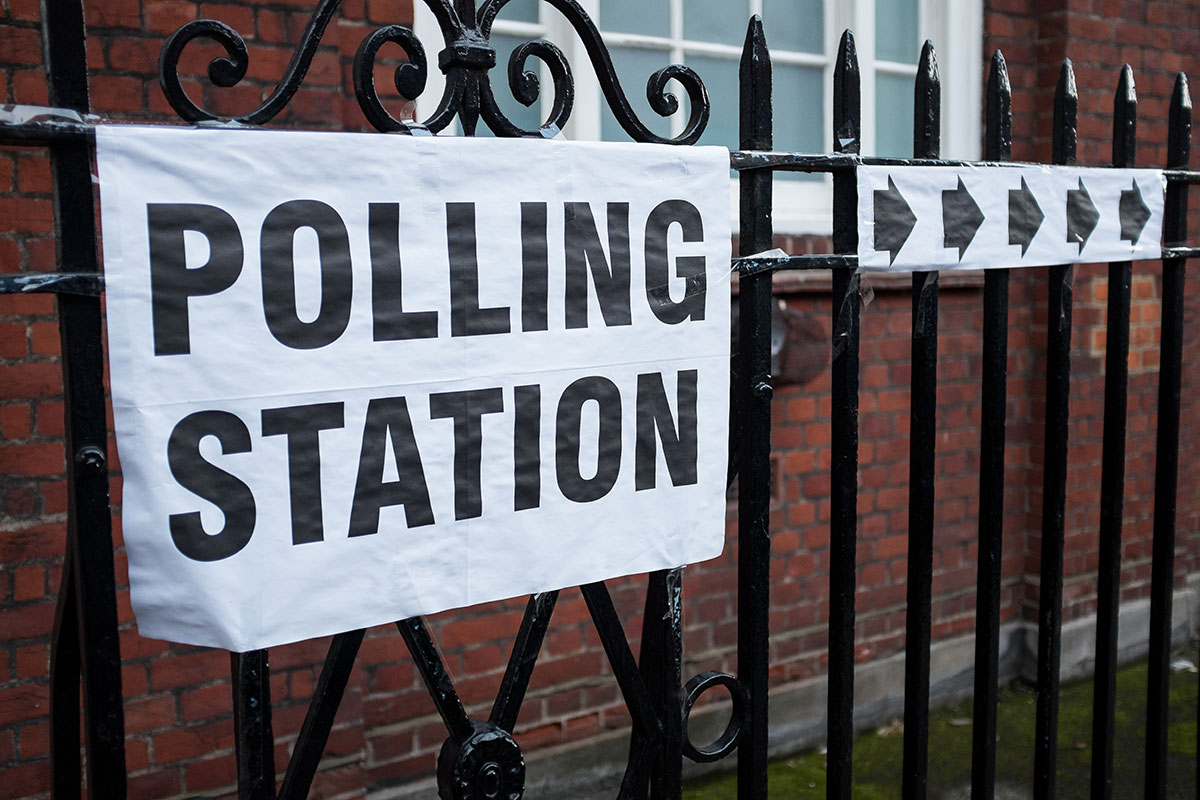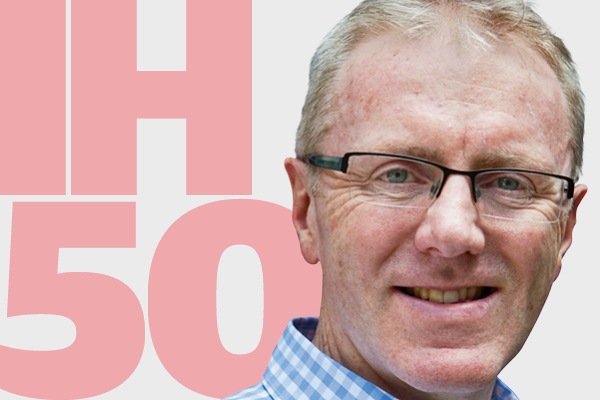You are viewing 1 of your 1 free articles
Why in a changing world we must stick to our purpose
Amid the shifting social and political landscape, landlords must remember to retain their core values, says Chan Kataria
As we approach the end of another eventful year, one wonders what the future holds for our sector. Whatever the outcome of this general election we can be sure of certain trends in terms of our politics, economics and society.
First, there is the politics. It is not unreasonable to assume that the domination by the two old political parties will be replaced by multi-party politics.
The advent of centrist and issue-based parties holding the balance of power is likely to become a common feature.
As Westminster politics becomes more remote, local governance and politics will grow in importance, either under devolution or combined authority arrangements.
In this context, our role as civic leaders is paramount to the achievement of our mission.
In terms of economics, the days of high sustainable growth may prove to be elusive as we navigate our way out of the EU. The extent of the impact and disruption will depend on the nature of our departure and the time it takes to reach a new equilibrium.
Alongside this, labour shortages are not likely to reduce any time soon as we move away from free movement of people.
There will continue to be a productivity gap between the South and the rest of the country and this will exacerbate regional income, wealth and inequalities.
Then there are the societal trends. An ageing population will be seen alongside an increasingly diverse society. Sadly, stark inequalities – between North and South and rich and poor – will persist unless there are changes in policy.
“There will continue to be a productivity gap between the South and the rest of the country and this will exacerbate regional income, wealth and inequalities”
Unemployment will continue to be low, but insecure and low-paid employment will continue. Technological and digital advancements will continue exponentially.
So what does this mean for housing associations and the work that we do?
The first and most important factor is that housing associations should articulate a very clear purpose.
Whether we want to focus on building more homes, provide diversified services or placeshaping at the local level, we need to be clear about our offer.
This clarity is absolutely crucial, as in the context of a changing world the only thing housing associations can do is focus on their long-term mission. Trying to be all things to all people is not likely to succeed, as we will end up doing nothing well.
We also need to look at how we govern ourselves. It is not inconceivable that very large housing organisations with significant growth ambitions may veer towards plc-type boards. Well remunerated non-executive directors will play a more active role in running their organisations. The ‘two days a month’ commitment may not be appropriate.
Conversely, those organisations with a very strong bias towards localism and placeshaping may veer towards more democratic models of governance, with representations from consumers and other stakeholders on boards steering the work of their organisations.
Then there is our role as employers. People are living longer and we will have an ageing workforce. In the context of skills shortages, we can also expect to recruit and develop younger people in the organisation, including apprentices.
“Whether we want to focus on building more homes, provide diversified services or placeshaping at the local level, we need to be clear about our offer”
Developing a very clear employer brand for a diverse workforce is crucial. This includes the way we work. Modern employees, for instance, will expect to work in a much more flexible way with the right digital tools, working from remote locations. They will have their ‘office in a briefcase’ and not want to be tied down to fixed work stations.
Talent management strategies are absolutely integral to recruitment and retention.
Modern employees are far more concerned about issues such as climate change and work life balance and will be attracted to organisations that have a clear approach on such issues.
Finally, and most importantly, there is the impact for our customer and community services. Clearly, the one-size-fits-all approach will not do – a more nuanced and tailored approach is called needed. While it may be perfectly appropriate to interact with customers through digital media, we must not forget those that are socially and financially excluded.
Community cohesion is under threat and many in our communities have severe mental health issues for whom housing associations are the only lifeline.
In the face of this our well-being policies need to be geared to coaching, supporting and training colleagues to build their resilience.
The world is changing beyond recognition. To ensure our continuing success, we must stick to our values and be clear about our purpose.
Chan Kataria, chief executive, emh group












